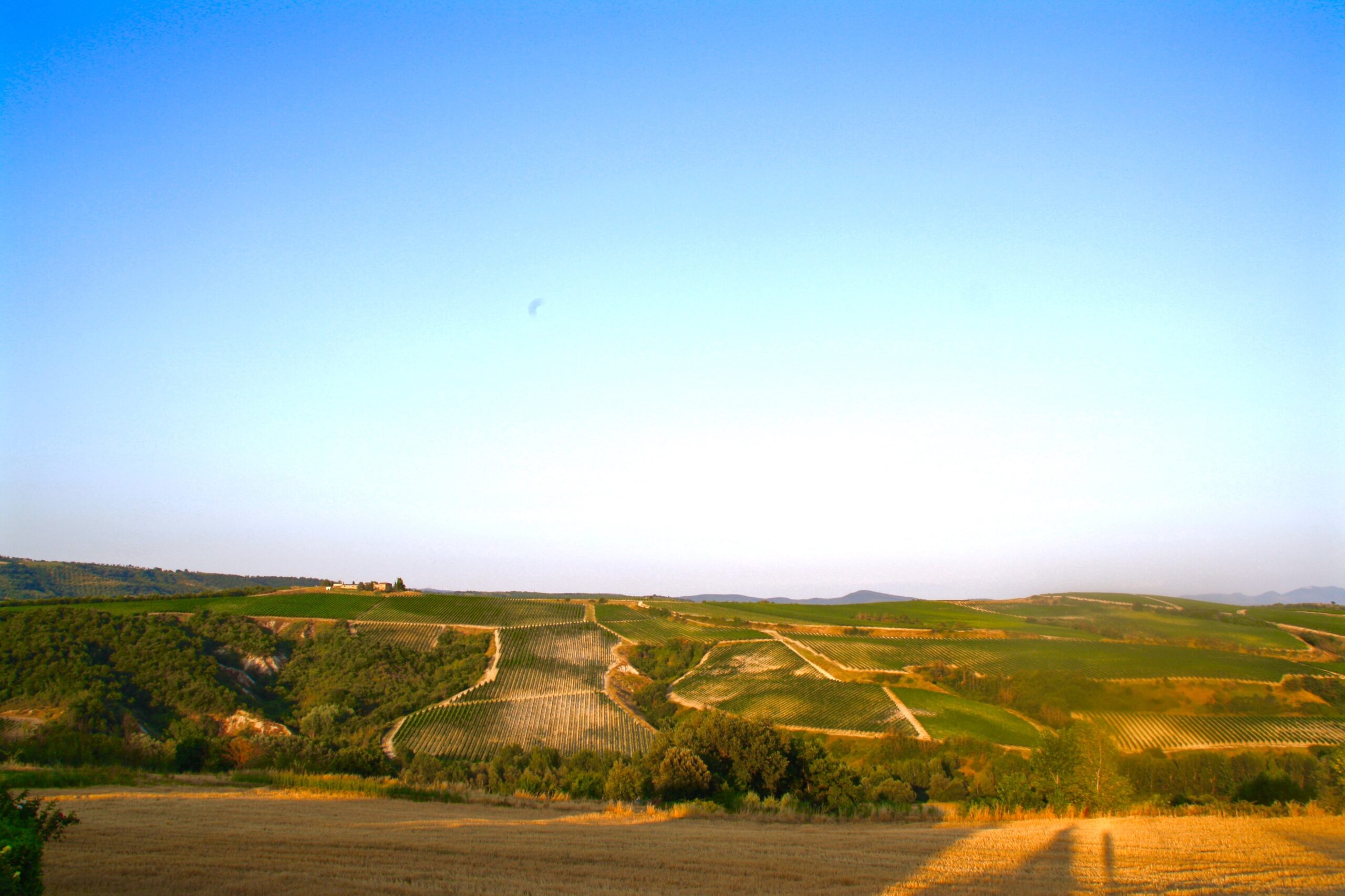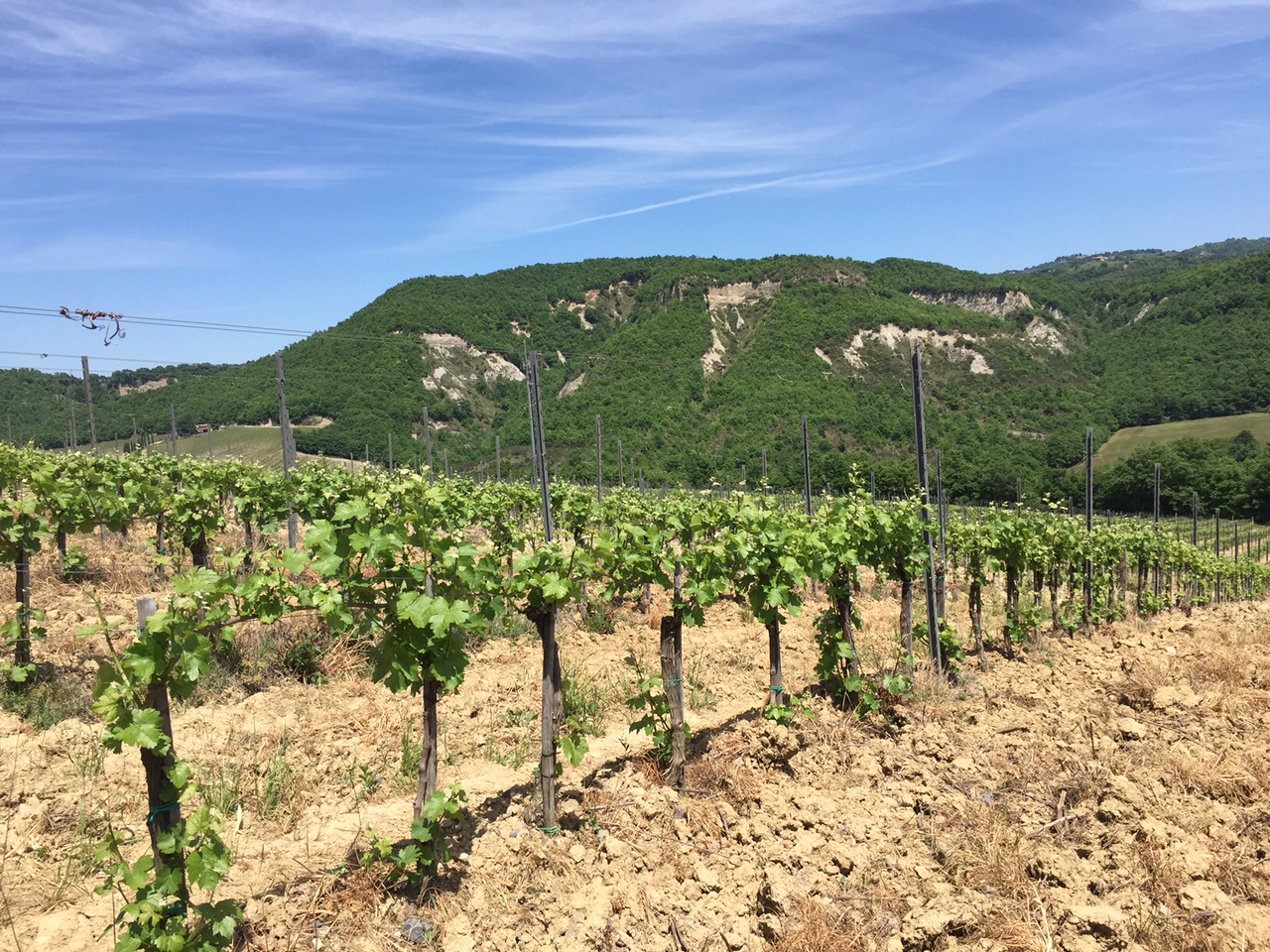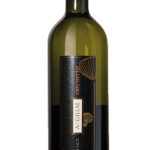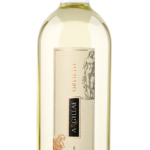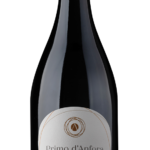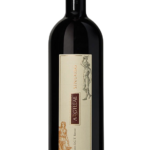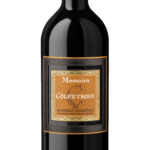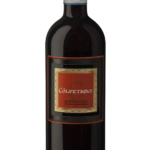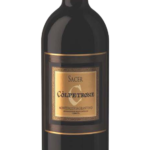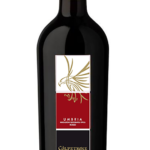Umbria is also called the green lung of Italy.
Grapes
Umbria offers an array of grape varieties, wine styles, and price points. It is a compact, cautious and focused region that has something special for every palate. Sangiovese, Merlot, and Cabernet are widely planted. Umbria’s most illustrious and unique native grape is Sagrantino, found in the DOCG zone of Montefalco. Bottled 100% or in a blend, Sagrantino offers a tannic depth of personality. For white, the famous Orvieto DOC wines are based on the Grechetto and Trebbiano grape varieties. Additionally, the DOCG of Torgiana Riserva resembles Tuscan Sangiovese based blends.
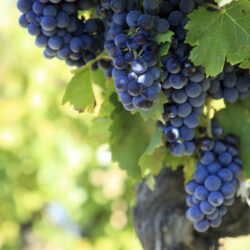 Sangiovese
Sangiovese
Sangiovese is the crown jewel of Tuscany. It was introduced by the Etruscan population, and its name recalls the Etruscan word “Sanisva,” which refers to a funeral offering. Legend also suggests that since the red grapes were very juicy, rich, and strong, they were thought to be associated with the glorious blood of Jupiter, as the name suggests. Sangiovese stands on its own as a monovarietal but is also commonly blended with softer grapes to lend to the final wine’s composure. The soil for this varietal is crucial and can make a big difference in the wine’s quality and how its aromatic profile is expressed.
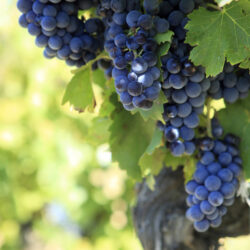 Sagrantino
Sagrantino
Sagrantino is a red grape from Umbria that produces high quality, very ageable wines. The DOCG of Montefalco Sagrantino is one of the most tannic wines produced in Italy. However, they can be refined and polished, and this full-bodied red is a perfect match for rich, umami dishes.
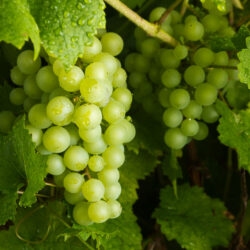 Grechetto
Grechetto
Grechetto is a white grape with thick skins that makes light-bodied, lemony, and easygoing wines with an hint of white flowers, chamomile, lime and apple, generally with high acidity.
 Ciliegiolo
Ciliegiolo
Before DNA typing existed, Ciliegiolo used to be commonly confused with Sangiovese and other red grapes growing in Tuscany and Umbria. Its name comes from the Italian for “cherries,” which is the dominant aroma that characterizes the wine. Often used to blend, Ciliegiolo yields fruit-forward, crisp, slightly sweet wine with a graceful, refined mouthfeel, red cherry-berry notes, and smooth tannins. It does not need much in bottle aging, but even though drinkable young, it has the strength of character and real interest.
Wines
It’s here where you’ll find some of the most amazing, delightfully undervalued Italian wines – from the crisp, dry white wines of Grechetto to the deep colored, antioxidant-rich reds of Sagrantino. This is a landlocked region and is quite mountainous in parts, harboring game such as wild boar, lentils, and spelt, a cereal grain similar to wheat. But the prized produce of this region is norcinera, black truffles, and high-quality olive oil.

